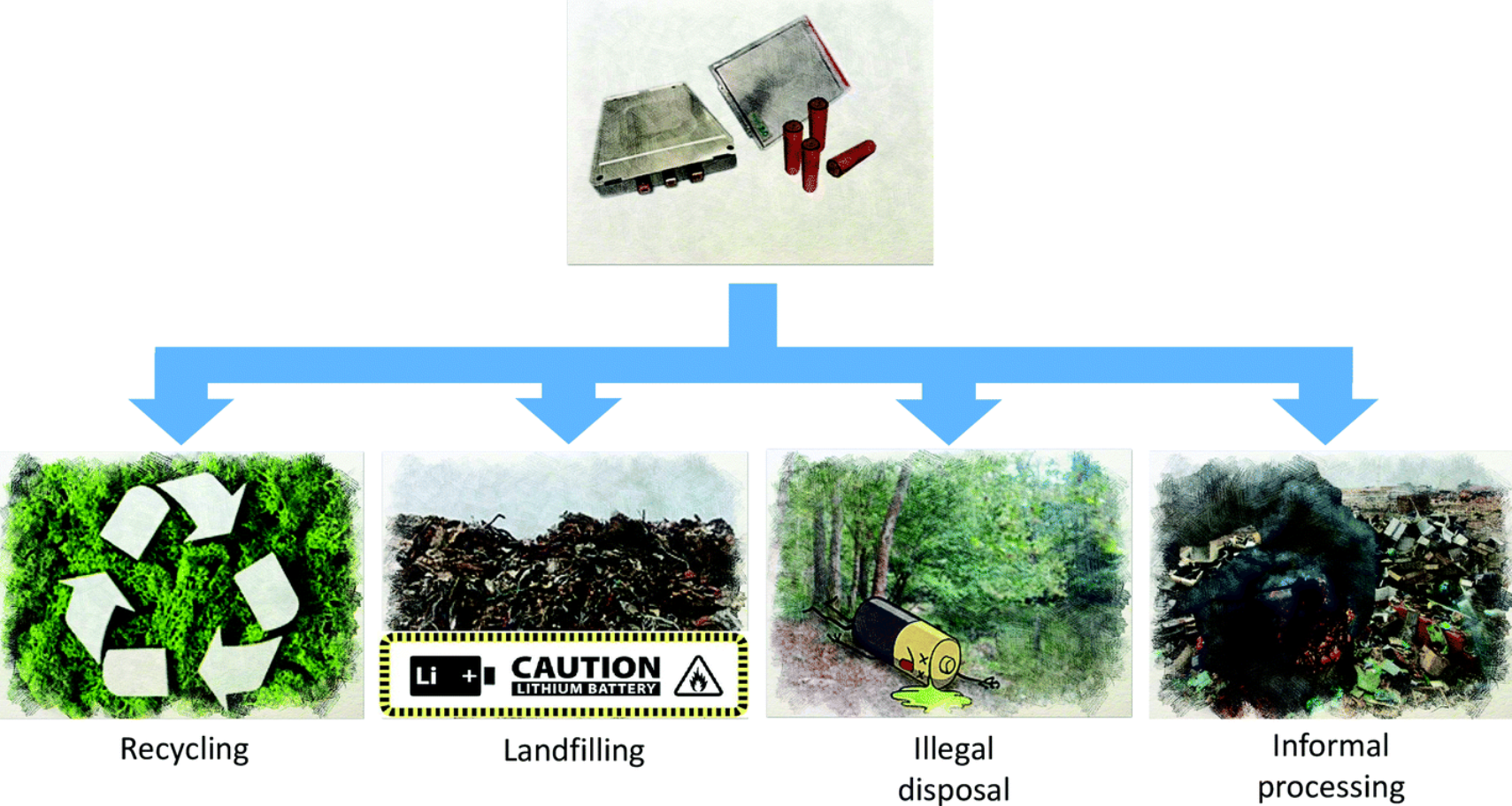
Subscribe To Sixbattery.com
Subscribe to the Porto mailing list to receive updates on new arrivals, special offers and our promotions.

With the increased use of technology in our daily lives, batteries have become a necessity. However, the production, use, and disposal of batteries have significant environmental impacts that need to be considered. This article will explore the environmental impact of batteries and provide tips on how to reduce your environmental footprint.
Firstly, the production of batteries requires the mining of raw materials, such as lithium and cobalt, which can have devastating effects on the environment. The mining process can cause soil erosion, water pollution, and habitat destruction. Additionally, the manufacturing process itself produces greenhouse gases and hazardous waste.
Secondly, the use of batteries also has an environmental impact. When batteries are used and disposed of improperly, they can leak harmful chemicals into the environment. This can contaminate soil and water sources, and harm wildlife and ecosystems.
Lastly, the disposal of batteries can also have negative environmental impacts. When batteries are disposed of in landfills, they can release toxic chemicals into the soil and water. This can harm human health and the environment.
To reduce your environmental footprint when it comes to battery usage, consider the following tips:
In conclusion, while batteries have become a necessary part of our daily lives, their environmental impact cannot be ignored. By being mindful of our battery usage and disposal, we can reduce our environmental footprint and make a positive impact on the planet.